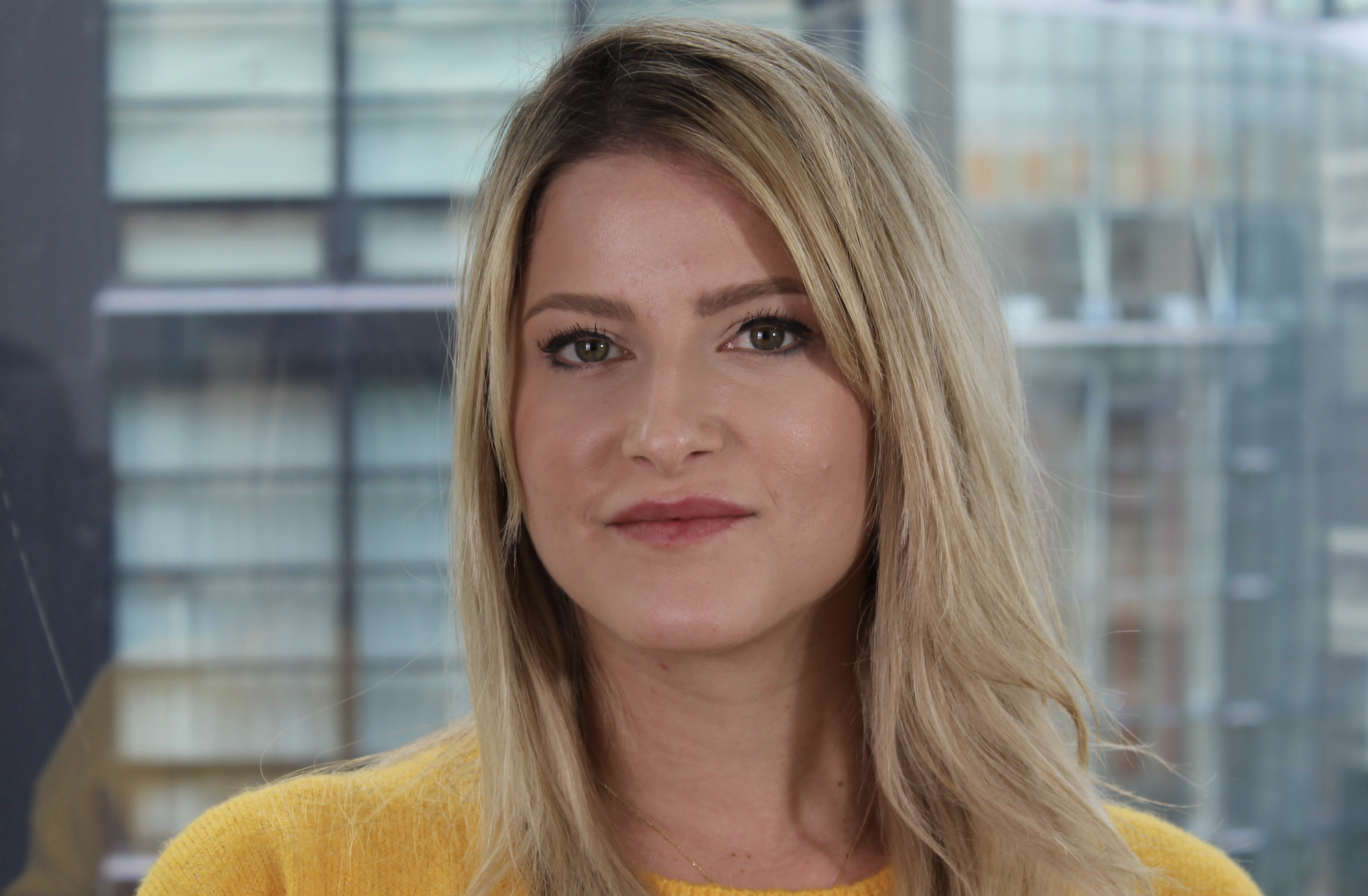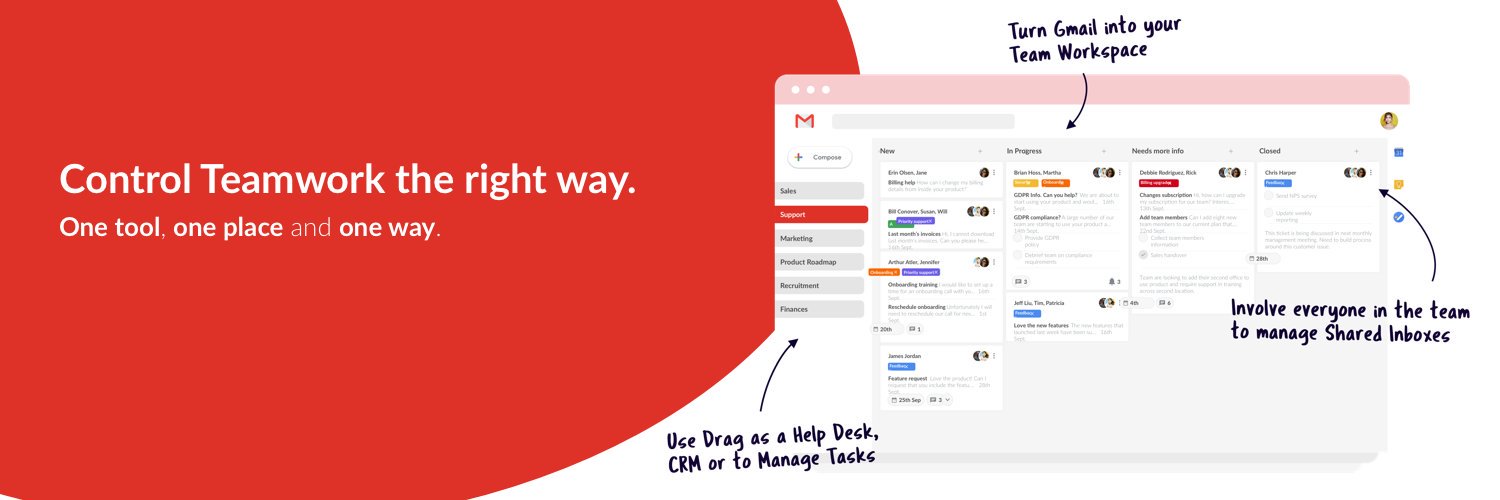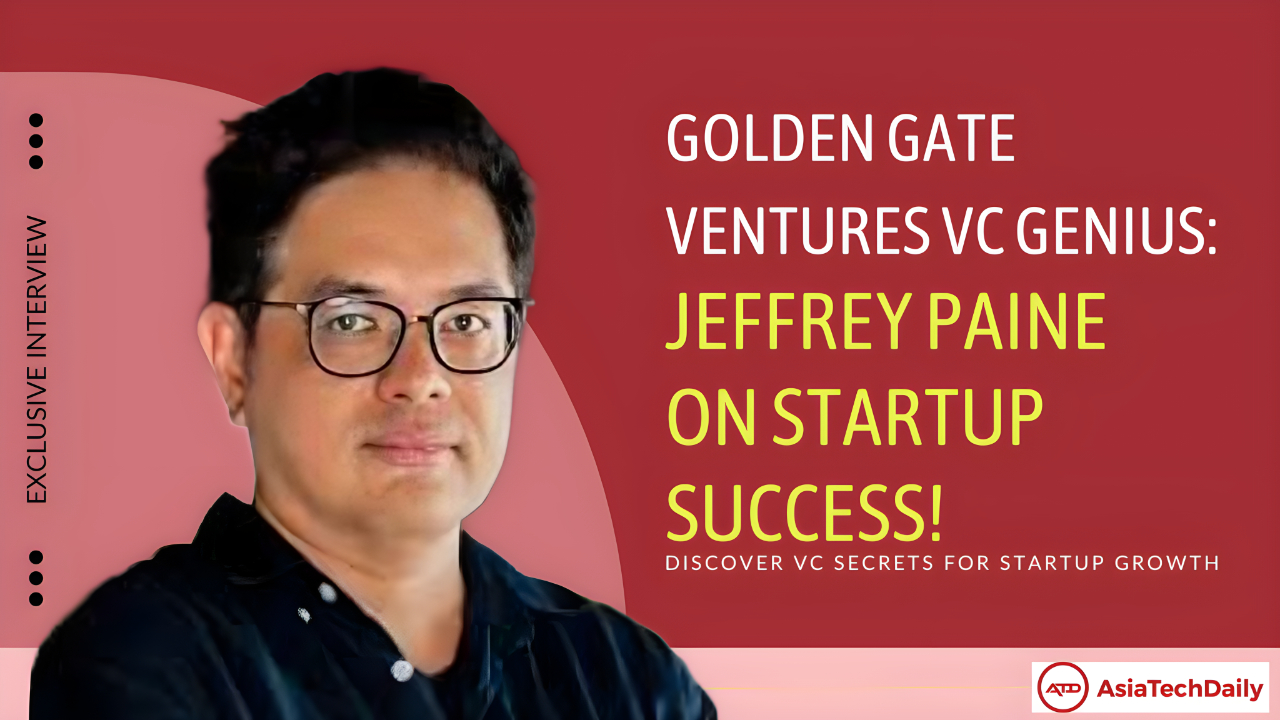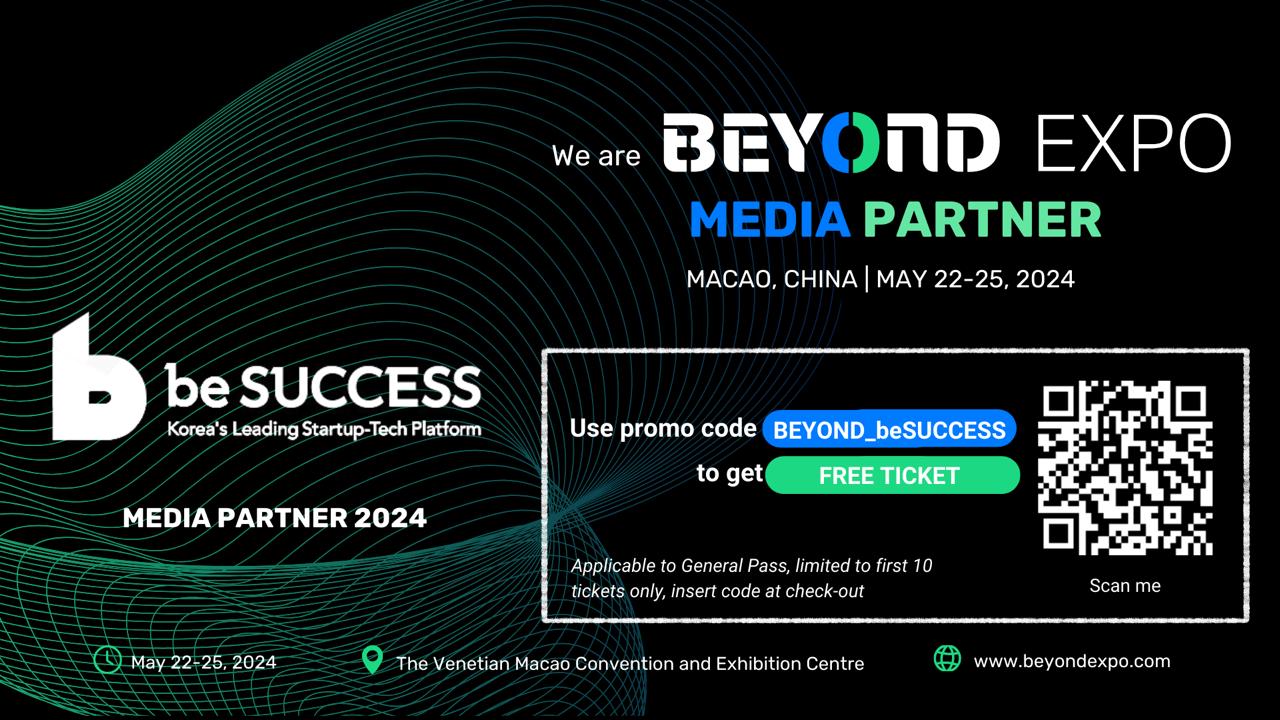AsiaTechDaily – Asia's Leading Tech and Startup Media Platform

Duda Bardavid- Co-Founder And CEO Of Drag- Control Teamwork The Right Way
Duda Bardavid is the co-founder of Drag (Techstars-backed). She’s Brazilian, engineer, ex-military, and management consultant with an international career across Europe, Middle East, North, and South America, and did an MBA at MIT.
In an exclusive interview with AsiaTechDaily, Duda says:
I believe the hardest part is the ‘post-launch.’ You may have an enormous spike in business during launch, it will be great, and you will feel good. However, after the launch, things get back to normal and, if you don’t act fast, your company will lose traction, and you will see yourself in a bad position.
My advice is to try to plan in advance how you will leverage your launch to keep creating traction for your business and leverage different things to be always reaching higher and higher.
Read on to know more about Duda Bardavid and his journey.
Please tell me about your personal background, and what are you working on currently?
Duda Bardavid: I come from a diverse background. I grew up in Brazil and have graduated as a mechanical engineer, served the Brazilian Army, worked in management consulting in the Middle East, then moved to the US to pursue an MBA from MIT (while building Drag).
I have always considered myself a problem solver. Still, my frustration with consulting was that we were never the owners of our solutions; neither could follow the implementation and see the impact of our recommendations. A big motivation to build Drag was to solve a real problem, with a practical solution, and to be able to implement it and measure its impact correctly.
Currently, we’re working to empower teams to collaborate and control their workflows from one single place, from the place 5+ million companies love: Gmail.
What motivated you to get started with your company?
Duda Bardavid: I have always been obsessed with organization and task management. As an individual user working a lot with email, I have always seen myself going back and forth across my inbox and other task management apps simply because email does not allow you to organize tasks (even though most tasks arrive as emails, and most emails require tasks to be done).
On the other side, my co-founder has always been a small business owner. From his perspective, even though most workflows in his company started and ended as emails (e.g., customer support, sales, projects, etc.), he was forced to be constantly trying and buying new software for these workflows. Simply because, for some reason, the email didn’t seem to be enough to manage customer support, sales pipelines, or any other kind of workflow.
We came together to understand why our settings were so unproductive. Researches show that 80% of workers need to consult information across a variety of apps to get their job done. Workers end up with endless tabs in their browsers, needing to navigate back and forth across several tools that don’t connect, which is highly unproductive. That’s why we built Drag, to empower teams to control their work from the place workflow start and finish – email.
How have you attracted users and grown your company from the start?
Duda Bardavid: We were fortunate to have organic and robust PR right after the launch of Drag, so it took us less than 2 months to get to 10,000 downloads. Google featured us on the first page of the Chrome Store, and, a few weeks later, we reached the #3 position in our launch on Product Hunt. We were also featured in publications such as Mashable, Life Hacker, and Inc Magazine early on.
Since then, most of our acquisition has been made by content marketing, followed by referrals and word-of-mouth—pretty much organic growth.
What’s your business model, and how have you grown your revenue? What strategy worked best?
Duda Bardavid: We are a SaaS business, so charge a subscription fee per company or user, depending on the plan. We also have a free version that is limited to individual users.
The biggest inflection point for us in terms of growth was when we expanded Drag from a tool for individuals into a collaboration tool. Not only the new accounts were larger for being for multiple users, but also legacy solo users are also bringing their team on board. We started seeing account expansions with companies implementing Drag across different departments within a company, and word of mouth took off as well.
Pricing has also played a significant role in revenue growth. We have done numerous experiments with different pricing models, and I surprised by how much growth we could get just by twisting some levers in our pricing.
How much money (funding) have you raised in total so far? When was the recent funding round? (Additionally, any plan for the future?)
Duda Bardavid: We raised $7-digits across 2 rounds, the last one being a few months after we graduated from Techstars in August 2019.
What are some marketing tips to help maximize the success of a product launch?
Duda Bardavid: I believe it’s key to create an engaged community of early adopters. Speak to them as much as you can. Ask for their input. Create channels to facilitate communication. For example, we created a public roadmap that was a Trello board with the things we were working on, and users could report bugs and submit features requests. It worked well for us.
 What is a good product launch checklist?
What is a good product launch checklist?
Duda Bardavid: Perhaps the most important one is to start creating an engaged community before the launch. Start building an email list, start speaking to people, give them frequent product updates, and tell them in advance about your launch date. Don’t launch your product out of the blue.
Each channel is different, and you probably want to launch your product in multiple places. So, create playbooks for each different channel where you plan to launch. You can use these playbooks in future launches too.
Lastly, make sure you have ready channels to communicate with early adopters and make it easier for people to promote your product: use social media share link generators to allow them to spread the word about your product in 1 click.
What’s the hardest thing about product launches?
Duda Bardavid: I believe the hardest part is the ‘post-launch.’ You may have an enormous spike in business during launch, it will be great, and you will feel good. However, after the launch, things get back to normal and, if you don’t act fast, your company will lose traction, and you will see yourself in a bad position.
My advice is to try to plan in advance how you will leverage your launch to keep creating traction for your business and leverage different things to be always reaching higher and higher.
What are the most common mistakes founders make when they start a company? (or What should all first-time startup founders know before they start their business?)
Duda Bardavid: Bring a team on board with complementary skills than yours. The team is the most valuable asset in a Startup, especially in the early days. You may be an expert in certain areas, but being able to broaden essential skills into your team is paramount when starting a company.
The contrary can also be dangerous: getting a co-founder with skills that overlap too much with yours can be a shoot in the foot, especially when you are such a small team. I would avoid this and spend proper time studying and strategizing around the best team to start your business.
What do most startups get wrong about marketing?
Duda Bardavid: First, not tracking marketing metrics well enough. Historically, marketing used to be a creative task only, with acquisition channels such as billboards or TV advertisements, generating results that were hard to track. Today, we live in a digital world where every single click can be tracked and associated with a specific acquisition channel. Companies that do not track the ROI properly in each marketing campaign are wasting loads of money.
Second, to focus on as many marketing channels as they can. By tracking the cost per acquisition in each marketing campaign, you know what you should be focusing your efforts on. You need to open a new acquisition channel when the most profitable channel is saturated. But lots of startups think that spreading their marketing efforts everywhere will give them a better return, which is a huge mistake.
What’s the best advice you’ve ever received? And What advice do you have for someone who is interested in doing similar things like yours or in a similar direction?
Duda Bardavid: The best advice I received was to stop procrastinating and go for it. I quit my consulting job to work full time in Drag, and I wish I had done it earlier! My advice for those starting their businesses is:
First, your company in the early days is as strong as your team. Pick these people very carefully as this is a decisive factor for failure or success.
Second, don’t let NOs let you down. Just accept you will hear a lot of Nos, and it’s normal. From customers, from investors, from friends. Be strong and keep believing in yourself, in your vision, and your team.
Third, Be ready for your plan to take longer than you think.
What are the one or two things that you would do differently if you could go back to 10 years ago?
Duda Bardavid: That’s a tricky one. I’m very happy with the decisions I’ve made to date that brought me to where I am now. Maybe I would tell my younger self to be less anxious with life and enjoy each present moment rather than always be focusing on the future.
You can follow Duda Bardavid here.
Are you looking to secure investment for your startup or a keen startup enthusiast, keep an eye on our interview section.
Follow Asia Tech Daily to know about the innovative startups and how they are revolutionizing the ecosystem.





